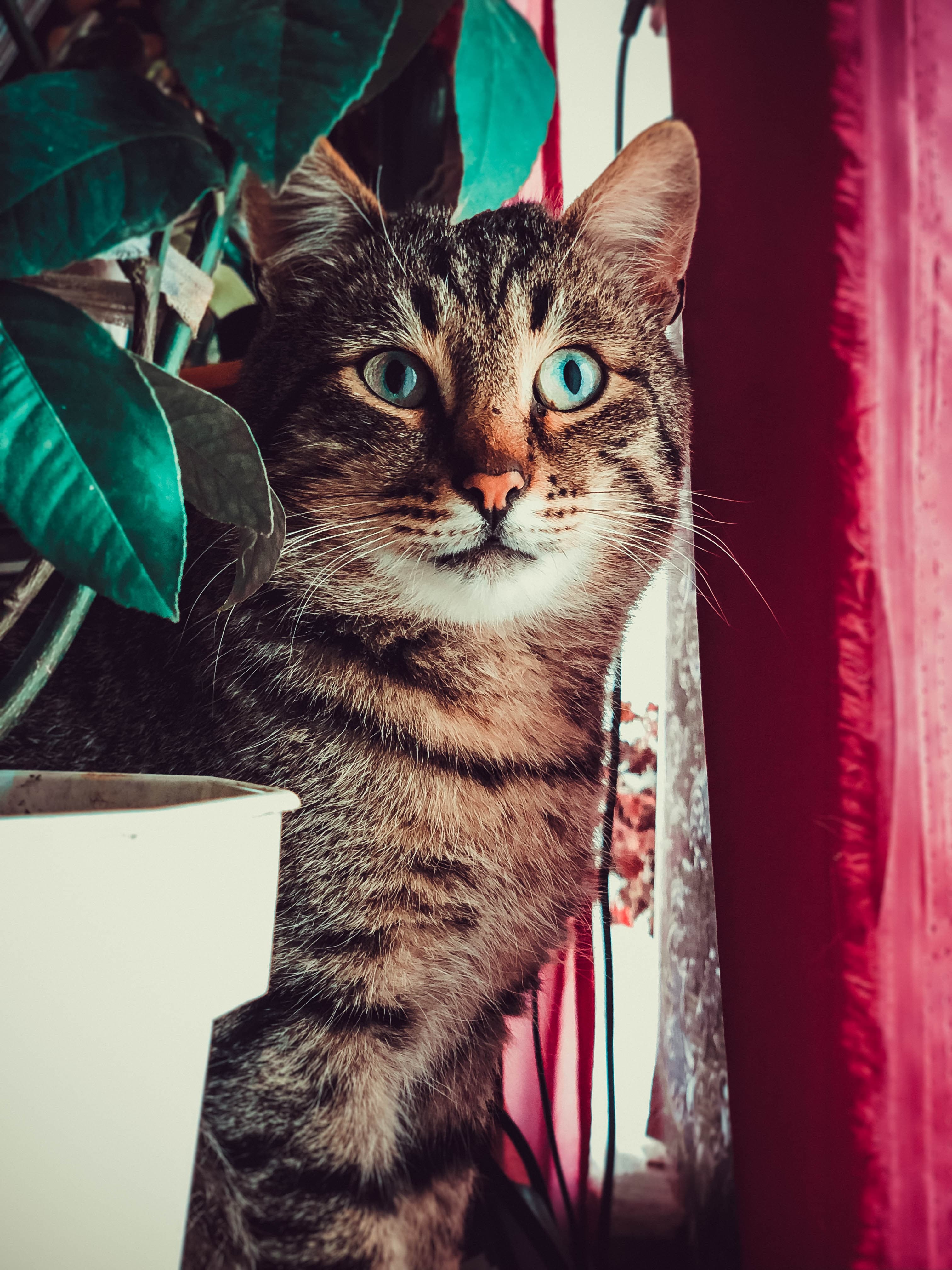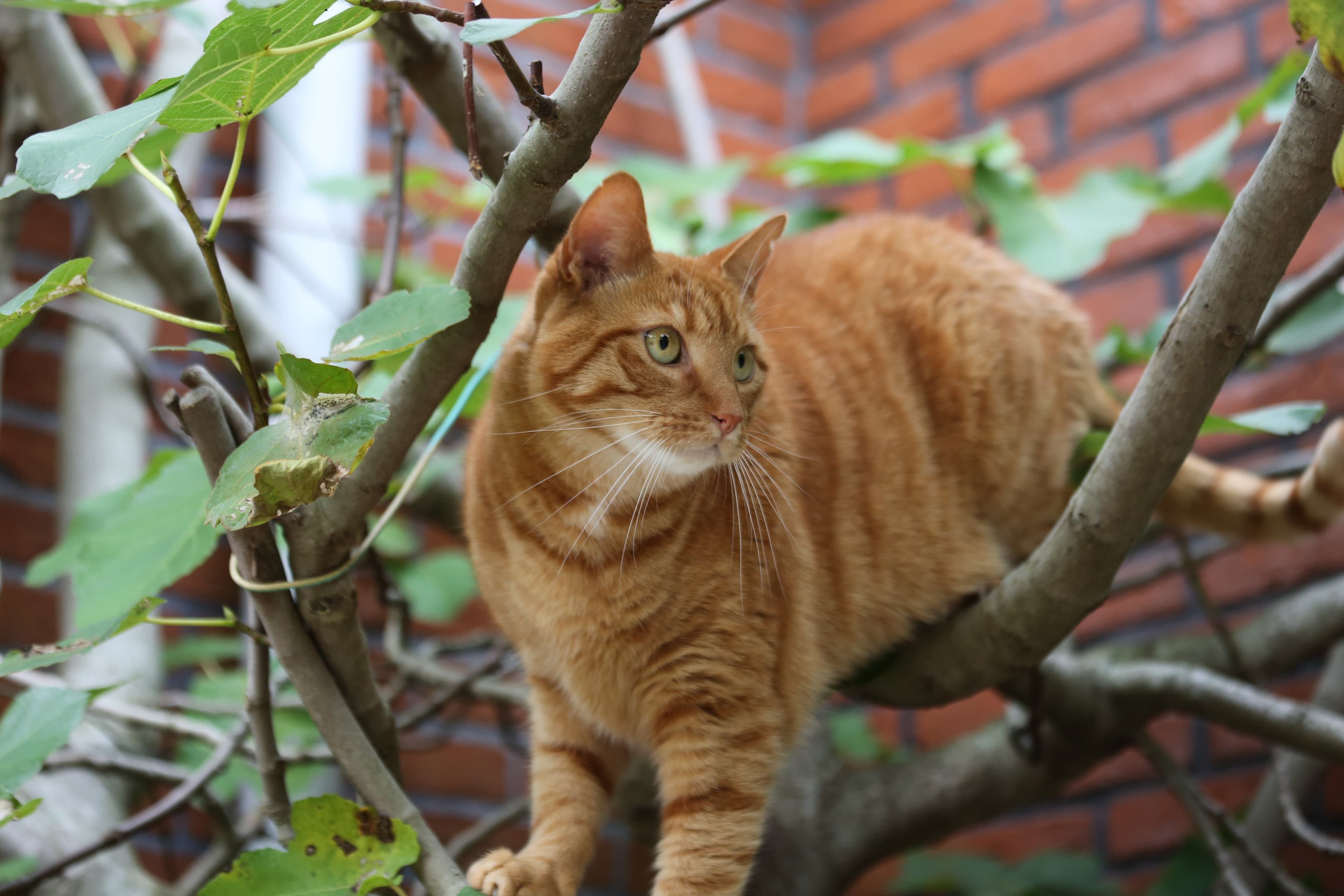Feline Asthma
Cats can develop asthma, a respiratory condition affecting both sexes. It's an inflammation of their airways, often triggered when they inhale something they're sensitive to, like an allergen. This can make breathing difficult, and symptoms vary from cat to cat.
Signs of asthma in cats
The most common signs owners notice are a dry cough and/or wheezing or noisy breathing. Your cat might breathe rapidly and struggle for air, sometimes looking like they're trying to bring up a hairball. Early detection is key, as ongoing asthma can become life-threatening.
Sometimes, cats will have short, rapid breaths with their mouths open, appearing very tired and still. Asthma attacks can also lead to vomiting, and if they happen often, your cat may struggle to get enough oxygen.
Asthma or something else?
Diagnosing asthma can be tricky, as many other conditions share similar symptoms. Your vet will rule out other issues like heart problems, parasites, fluid in the lungs, infections, or tumours. They might hear abnormal breathing sounds or use X-rays to get a clearer picture. Changes in your cat's breathing patterns can also indicate asthma.
Emergency situations
If your cat is struggling to breathe, breathing rapidly with an open mouth, or showing signs of severe distress, seek veterinary help immediately. They may be experiencing oxygen deprivation and could collapse. Treatment will focus on stabilising oxygen levels (using an oxygen mask or cage) and reducing stress with sedatives. Medications will also be given to open up the airways and reduce inflammation.
Managing asthma in cats
Before starting treatment, your vet will rule out other possible causes. Identifying the specific trigger for asthma isn't always easy. If your cat is stable and you've caught it early, treatment can often continue at home. This usually involves anti-inflammatory medication, such as steroids, initially given in tablet form.
Some cats benefit from inhaled medication using a special mask (like an AeroCat). It can take a little while for your cat to get used to the mask, which is why oral steroids are often used at first. Typically, after about two weeks, cats can switch to just inhaled medication to minimise potential steroid side effects. Inhaled treatments can take up to two weeks to become fully effective, so initial steroid use provides valuable support.
It's important to avoid anything that might trigger your cat's asthma. Keep the inhaler mask handy for occasional flare-ups – it can help open up their airways quickly.
Things to avoid for your cat with asthma:
Cigarette smoke
Dusty cat litter
A dusty or unclean home
Perfumes and hairsprays
Stress at home
Being overweight
While asthma can't be cured, treatment significantly reduces symptoms and improves your cat's quality of life. With the right support and management, many cats can live long, active lives.






